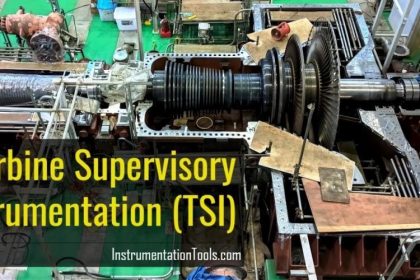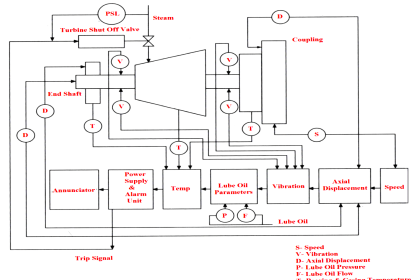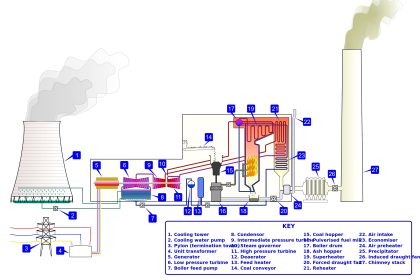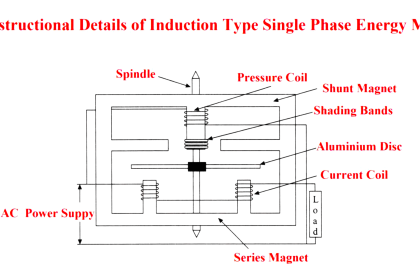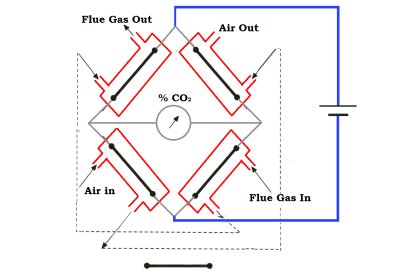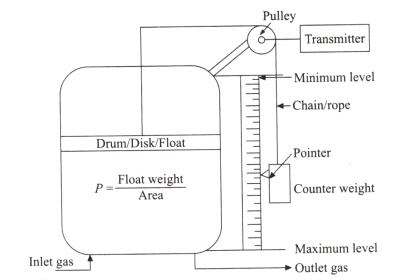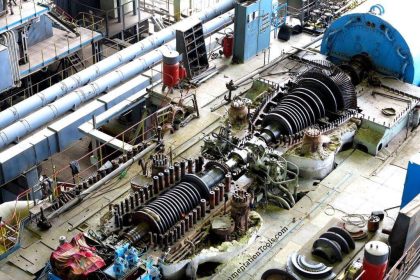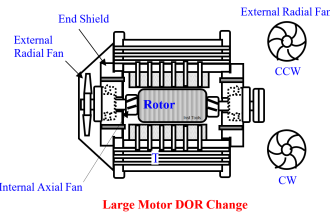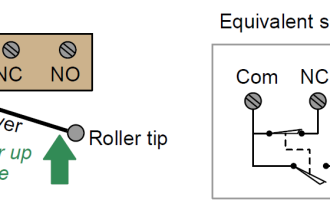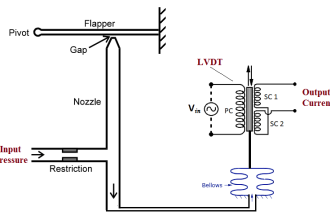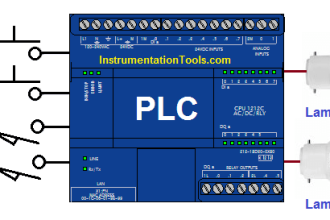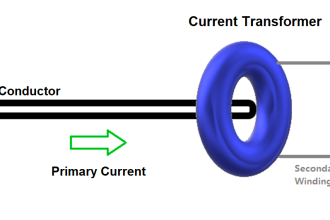Importance of Instrumentation
- In power plants and in process industries, Meters are required for indicating, integrating, recording, Controlling, and alarming various process parameters like flow, pressure, temperature, level, density, etc.
- The whole spectrum of equipment is grouped as a control and instrumentation system.
- Instrumentation and Control system includes various field instruments for measuring and controlling systems such as Sensors or Sensing Elements, Gauges, Transmitters, Power Supply Sources, Indicators, Recorders, Integrators, Cabling Arrangement, Panels, Desks, and so on.
- Apart from these, electronic controllers, final control elements, interfaces, programmers, etc. Are also included.
- In modern power plants and process industries, instrumentation and control system costs for 10% -20% of total plant equipment cost
- An instrumentation and control system provides accurate and adequate information about the process parameters of the system for safe, continuous, reliable, and economical operation of the plant, and to avoid guesswork or imagination of operators during plant operation.
- With proper readings from meters and indicators, the calculation of boiler efficiency, Total cost, and performance calculation concerning time can be done accurately.
- Measured values of the process parameters such as bearing temperatures, lube oil pressure, and condenser vacuum help the maintenance team to follow appropriate maintenance activity before the equipment breaks down or system trips.
- Supervisory Control and Data Acquisition system (SCADA) is a part of the instrumentation and control system
- This SCADA allows effective control of various operating control loops and data is stored for future reference requirements.
- But without an instrumentation and control system, the SCADA alone is impossible to operate processes or power stations.
- In any thermal power plants, the instrumentation and control group is the third and most important crew along with mechanical and electrical crew members.
Objectives of Instrumentation Engineering
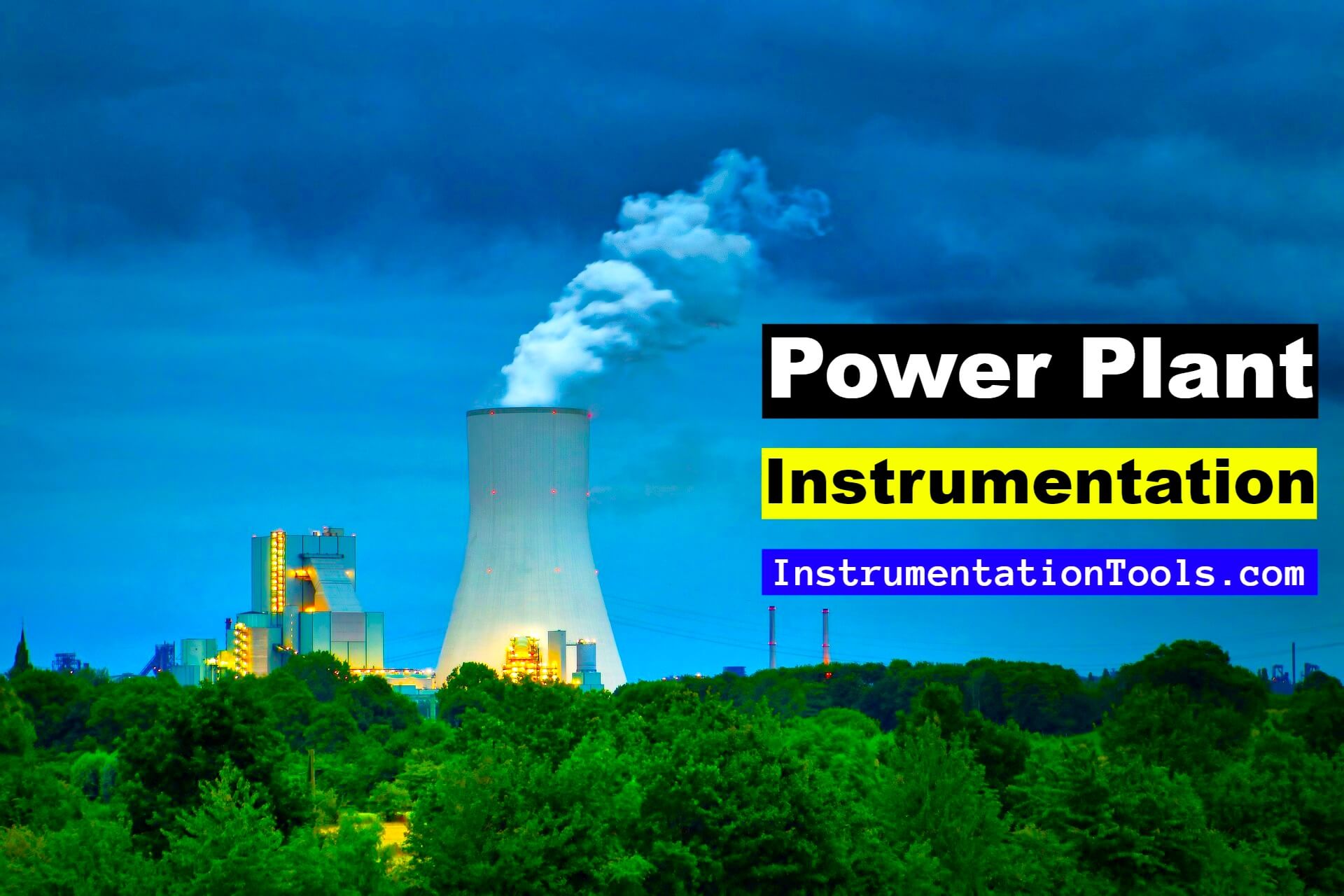
The main objectives of Instrumentation and Control in a power plant
- In a power plant, Instrumentation and control is a broad subject that includes the online operation of various control loops.
- The equipment totals start-up and shutdown procedures along with process and safety interlocks.
- Instrumentation and control in a power plant have a high degree of complexity and sophistication that relates to the size and complexity of boiler equipment being controlled.
- The basic objective of Instrumentation and control is to operate the thermal power station efficiently. Economically, safely, reliably, continuously, and qualitatively.
For better understanding these basic objectives are broken down into small objectives as listed below:
Efficient Plant Operation
- The main objective is to maintain the availability or uptime of the plant. Because most power plants have more than one boiler running in parallel.
- To assure the availability of steam it is required to maintain and upgrade the boiler control systems.
- Modern control systems are more reliable and efficient because they can adjust to load swings caused by varying overall plant operations. That is, to provide a continuous supply of steam at the desired condition of pressure and temperature.
Economic Operation of the Plant
To operate the boiler continuously at the lowest cost the following steps must be followed:
- Combustion efficiency must be improved to reduce fuel consumption by reducing excess air.
- Increasing thermal efficiency of the boiler.
- Provide a flexible control strategy to eliminate process upsets.
- Minimize steam consumption rate for power generation in the turbine.
- Minimize blow down.
- Optimizing boiler operations by proper load sharing among boilers.
- Planning for a proper maintenance schedule with a guidance plan.
- Readily make data available for remote monitoring to determine process unit optimization, boiler efficiency, and load allocation.
Safe Operation of the Plant
- It is essential to provide safety operators, laborers, and plant machinery equipment.
- A modern control system provides better integration with the flame safety or burner management system to improve safety.
Pollution Control
- Failure to act by pollution control policies and regulations is costly as lost utilities.
- Government commands the administrator by fines, seizing the plant or notices of closure, or imprisonment of plant authority providing sufficient incentive to comply with the pollution control policies and regulations and required to modernize the controls accordingly.
- By accurately controlling oxygen, fuel flow, and stack temperature one will see reductions in plant emissions through the chimney.
Classification of Instruments in a Power Plant
Generally, the various instruments used in power plants can be categorized into
- Mechanical Instruments
- Electrical Instruments
- Instrumentation and Control Instruments
Some of the instruments are mentioned below.
- The process parameters such as flow, level, pressure, speed, and temperature are measured by Mechanical Instruments.
- The electrical quantities such as current, energy, power, and voltage are measured by Electrical Instruments.
- An indicating, controlling, recording, and integrating of both physical and electrical quantities measured by mechanical and electrical instruments are performed by Instrumentation and Control Instruments
Mechanical Instruments
Some of the mechanical instruments are mentioned below.
Temperature Measurement
The following instruments are used for measuring the temperature.
- Liquid-Filled Thermometers
- These are used to measure the condensate temperature of circulating water, boiler feed water, and bearing oil.
- These instruments are locally mounted and can be used as checks on remote reading thermometers.
- Gas Filled Bulb and Tube Thermometers
- It is used to measure the temperature of gases or liquids within the range of 500°C.
- These instruments indicate and record the measured values both in the field location and 100 m away from the bulb location.
- Vapour Pressure Thermometer
- It can be used to measure a temperature of only about 250°C.
- It consists of a tube or bulb, partially filled with a liquid connected to the tubing.
- Electrical Resistance Thermometer (RTD)
- This RTD is used for accurate measurement of the temperature of various fluids such as boiler feed water, condensate water, bearing oil, lubricating oil, and winding temperatures for remote transmissions.
- This RTD can measure the temperature of about 600 Degrees Celsius.
- Thermocouples:
This is also a temperature measuring instrument to measure the temperature of a high-range such as boiler furnaces, flue gas, preheated air economizer outlet, and main steam temperature for remote transmissions.
Pressure Measurement
The following instruments are used to measure pressure.
- Bourdon Tube Type Pressure Gauge
- It is extensively used for measuring moderate pressure and higher pressure in mediums like steam, water, combustion air, fuel, oil, etc.
- This can be used both for local and remote indications with a tele-transmitter.
- Helical Tube or Diaphragm Type Pressure Gauge
- It is used to measure lower pressure like bleeder steam pressure, exhaust pressure, and air pressure.
- Vacuum Gauges and Manometers: These are used for condenser vacuums, heater pressures, etc.
- Draft Gauges: It is used to measure low pressures like furnace draft, furnace pressure, FD fan, ID fan pressures, etc.
Flow Measurement
The following instruments are used to measure the flow rate of fluid in the process industry
- Steam flow meters: It is used to measure the flow rate of main steam in the case of individual boilers, group boilers, turbine input, etc. using a suitable sensor like an orifice plate installed in the pipeline.
- Water flow meters: It is used to measure the flow rate of condensate, feed water, and pump discharges. Cooling circuit water, raw water, etc.
- Air flow meters: It is used to measure the flow of combustion air at various zones of the boiler.
- Atomised steam/Air flow meter: This can be used to measure the quantity of either steam or air used for the atomization of oil fuel.
Fuel Measurement
The following are the methods used to measure the number of fuels:
1. Coal
- It is weighed in batches when in intermediate hoppers using load cells.
- Belt conveyor weights are also used.
2. Gas meters
Meters such as Positive Displacement type, and Differential Head type are used.
But for gas measurement
- The positive Displacement type is used in rare cases.
- Differential Head types are used in most cases and are considered primary measurement devices
3. Oil meters
Meters such as Positive Displacement type, Differential Head type Variable Area, or Rotameter are used.
Some Other Measurements
Level measurement: To measure the level of water in a boiler drum and other tanks, oil level, coal level in bunkers and pulverized coal bins, etc.
Speed Measurement: To measure the speed of some equipment used in a power plant such as the speed of the turbine rotor, large motors, grate speed, and conveyor belt speed.
Gas analysis:
These gas analyzers are used to measure the amount of
- CO + H₂, CO₂, and O₂ components are present in flue gases,
- SO, and NO, components present in the waste gases,
- The calorific value of fuels.
Electrical Instruments
The following are used as electrical instruments:
- Ammeters – Ammeters are used to measure current in generator leads, feeder circuits, auxiliary power circuits, and in field circuits.
- Voltmeters – Voltmeters are used to measure AC and DC voltages in measuring generating and transmitting voltages, various other feeding voltages, auxiliary motor voltages, etc.
- Wattmeter – This wattmeter is used to measure the amount of power generated and feeder powers.

